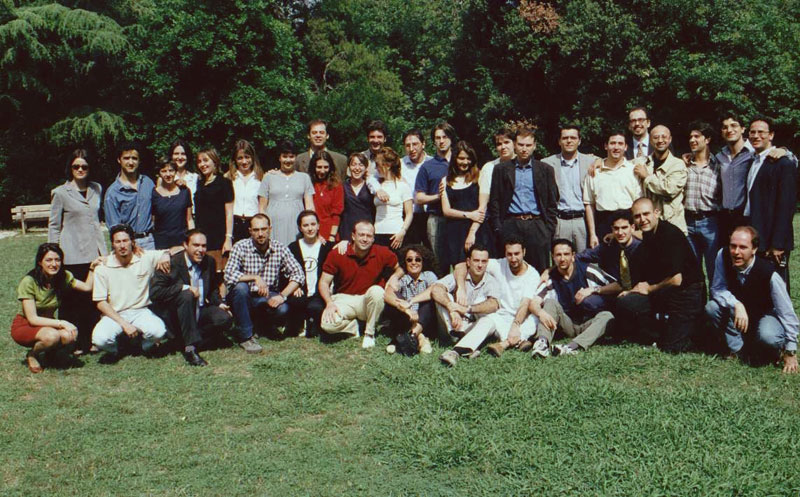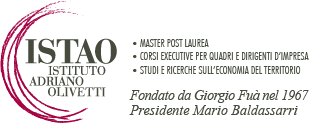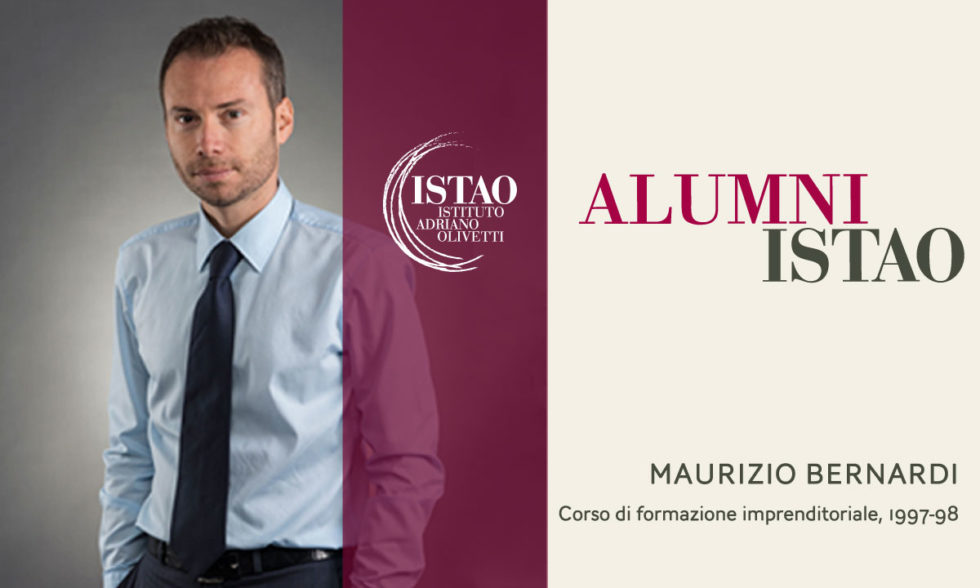Interview from Sara Paoletti to Maurizio Bernardi
From 1967 till today more than 2000 students have crossed ISTAO’s classrooms and with most of them, the Institute has built long-lasting relationships. We have interviewed some of ex-ISTAO students to know about their career path starting right from ISTAO experience with the objective to provide suggestions to new generations that are ready to experience of conclude an ISTAO master.
Words from a successful manager can motivate students in such a delicate moment of their lives. Therefore, we have asked Maurizio Bernardi, 1997-98 now CEO of BSH Italy to share with us his story.
Maurizio tell us about your career path starting with from ISTAO?
My professional adventure developed through intermediate steps and new starting points.
The linkage is represented by the international path and the curiosity towards new achievements in managing companies but mainly people. ISTAO has allowed me to give a practical meaning to all working tools that I learnt theoretically during university and to make me aware of all the different business areas to explore. From 2008 till now, I have travelled crossing different organizational cultures and professional challenges. Each one of these had a key role in my development, allowing me to be more and more aware of the complex job of managing a company. With the first experiences (SCM group, Danone, Siemens) I focused mainly on technical aspects (Controlling, Finance, Business Development, Strategy, M&A), in the following ones (Nokia Siemens Networks, Solgenia group, Indesit Company) I have working mainly in the leadership development.
Today I think I am ready to deal with the new experience that I have started from September 2015 as a CEO of BSH Italy. However, the journey is still long and looks to be more and more interesting.
Respect to your career, what do you think has changed in the working environment and in the which suggestions do you want to leave to an ISTAO’s future student?
Markets changes are continuous and quick, companies have to be ready in their decision-making processes and always careful to the consumer dynamics. Internet has driven to a democracy in the consumer dynamics, leading to the need to safeguard even more reputation with a greater pressure on prices. Companies need to be careful in their costs, selective in their investment, with a great attention to innovation with flexible organizational structures and high focus on internal and external communication.
Companies of success are driven by the need to be “smart creative”, individuals become promotors of ideas that can contribute to innovation. Nowadays, companies are more tolerant towards mistakes, but less on the absence of decision capacity at all levels.
Respect to a few years ago, now there is so much information supporting working tasks, but there is a need for a more critical and synthetic approach to distinguish useful information. To a young ISTAO student I suggest holding an entrepreneurial attitude. This means creating new ideas, being brave in taking decision, which must be motivated by an appropriate analysis, providing solutions and not problems, being positive drivers of change. Then, orientation towards results (important are the outcomes and not always how much and how you work), team working (individualistic approaches create limits) and ethical sense/responsibility towards the company and resources and respect of rules.
What helped you in reaching success and what is required to enter the working environment?
Honest work always pays back. Career that is built on relationships and good relations based on trust and respect. Working a lot and honestly is the simplest way to achieve long-lasting and quality relationships. Passion, motivation in working is essential to achieve that extra outcome going beyond the plain working task as written in the job description.
Receiving from a collaborator something that is smart and creative going beyond what asked, gives the employer the possibility to trust the collaborator who is acting in an entrepreneurial way. This also means that the employer has interest in delegating more important working tasks to the collaborator as soon as there is an opportunity to do so.


